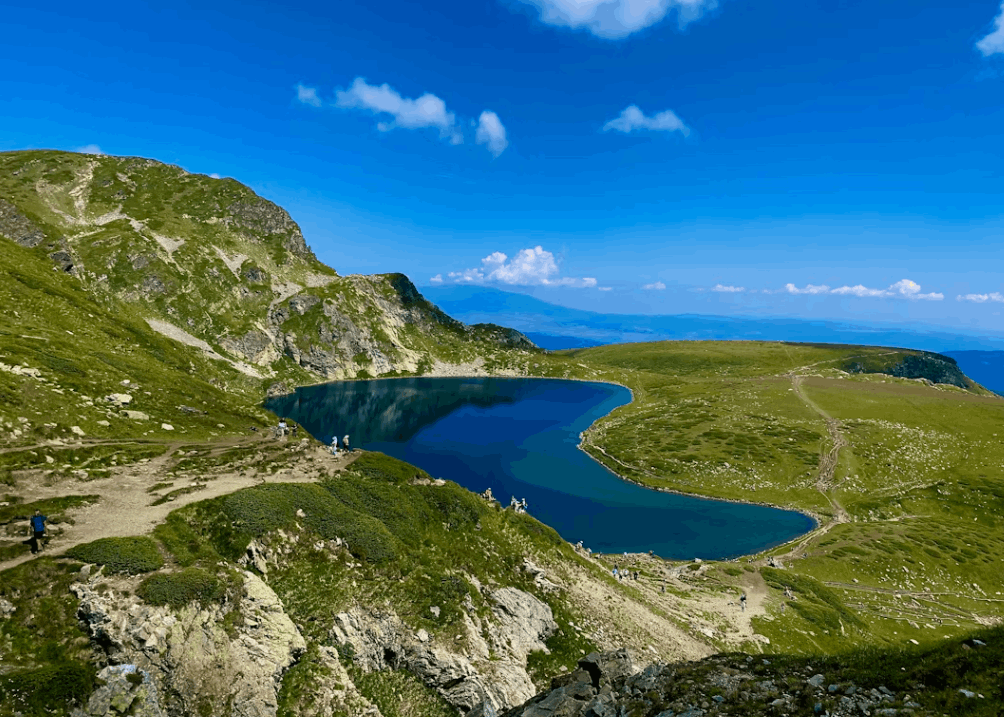Travel’s Sustainable Shift

The global conversation around tourism is undergoing a crucial and necessary evolution: the shift towards sustainability. For decades, travel was largely about consumption—seeing the most sites, checking off the top destinations, often with little consideration for the environmental or social impact left behind.
Today, a growing number of explorers are seeking a more mindful approach, recognizing that to protect the world’s beauty and cultural diversity, we must change how we experience it.
This sustainable shift is not a trend but a fundamental restructuring of the travel ethos, prioritizing responsibility and regeneration over mere recreation.
This new paradigm of travel manifests in conscious choices at every stage of the journey. It means selecting airlines with carbon offset programs, patronizing eco-friendly hotels that invest in renewable energy and reduce plastic waste, and supporting local economies by eating at family-owned restaurants and hiring local guides.
It’s about understanding that our presence as guests should be a positive force. This might involve visiting popular destinations during the off-season to alleviate overtourism, respecting wildlife by avoiding exploitative animal encounters, and adhering to the principle of "leave no trace" in natural environments. It is a commitment to being a temporary custodian of the places we visit.
Embracing this shift enriches the travel experience itself. It moves us from a passive observation of culture to an active engagement with it.
Learning a few words of the local language, understanding cultural norms, and volunteering with a reputable community project create a deeper, more meaningful connection than any superficial tour ever could. This mindful approach ensures that the destinations we cherish remain vibrant and intact for future generations of travelers.
It transforms our role from mere consumers into responsible participants in a global community, making our adventures a force for good.